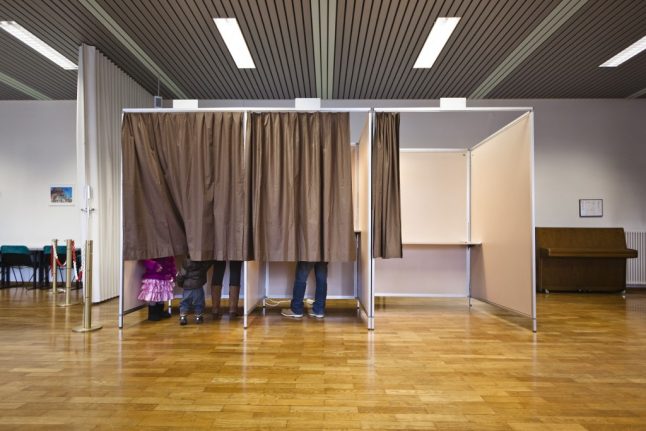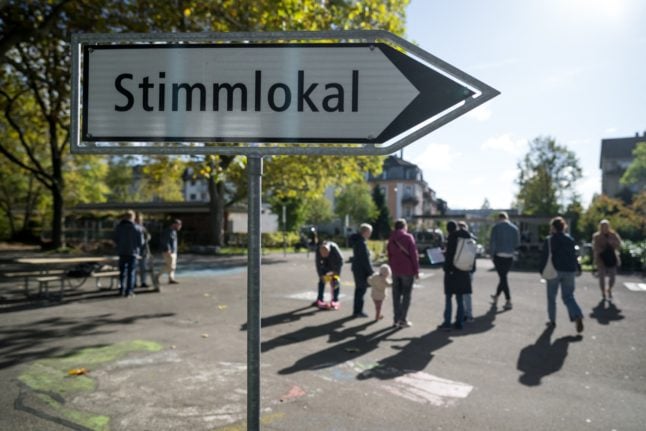Foreign nationals in the canton of Zurich will continue to have no voting rights at municipal level after the canton’s parliament narrowly turned down a proposal by city officials to grant these rights to local foreigners.
According to Federal Statistical Office (FSO), however, some cantons and communes give their resident foreigners the right to vote on local issues and to elect local politicians.
“By having the right to vote and to be elected, foreigners can play an active but limited role in society,” FSO said.
It added that as Switzerland is a federal state, “there are considerable differences between cantons, and in some cases, between communes. As a result, the opportunities for political participation are strongly dependent on where a person lives.”
So in which regions can foreign nationals have a voice in local affairs?
The Swiss-French cantons and municipalities seem to be ahead of their German-speaking counterparts in regards to voting rights.
The cantons of Fribourg, Vaud, Neuchâtel and Jura allow non-citizens to vote, elect officials, and stand for election at communal level. Conditions vary from one canton to another, but in most cases a certain length of stay and/or a residence permit are required.
In Vaud, for instance, where 30 percent of the population is foreign, immigrants can run for or sit on the communal or Town Council, as well as sign an initiative or a communal referendum.
However, in order to be eligible, they must be over 18 years of age (just like Swiss citizens), hold a residence permit for at least 10 years, and live in the canton for at least three years.
All foreign nationals are directly entered in the electoral register once the requirements are met, and automatically receive the official material for votes and elections on a communal level.
Geneva, which has the largest foreign population in Switzerland (45 percent), grants foreigners voting rights at communal level, but they can’t run for office.
Basel, Graubünden, and Appenzell Ausserrhoden have authorised their communes to introduce the right to vote, the right to elect and the right to be elected.
But few of the communes have actually introduced these measures.
In Graubünden, only 10 of the canton’s 208 municipalities are allowing foreigners to vote: Bever, Bonaduz, Calfreise, Cazis, Conters im Prättigau, Fideris, Lüen, Masein, Portein, and Schnaus.
Only three of Appenzell Ausserrhoden’s 20 municipalities — Wald, Speicher, and Trogen — granted voting rights to non-citizens.



 Please whitelist us to continue reading.
Please whitelist us to continue reading.
Member comments